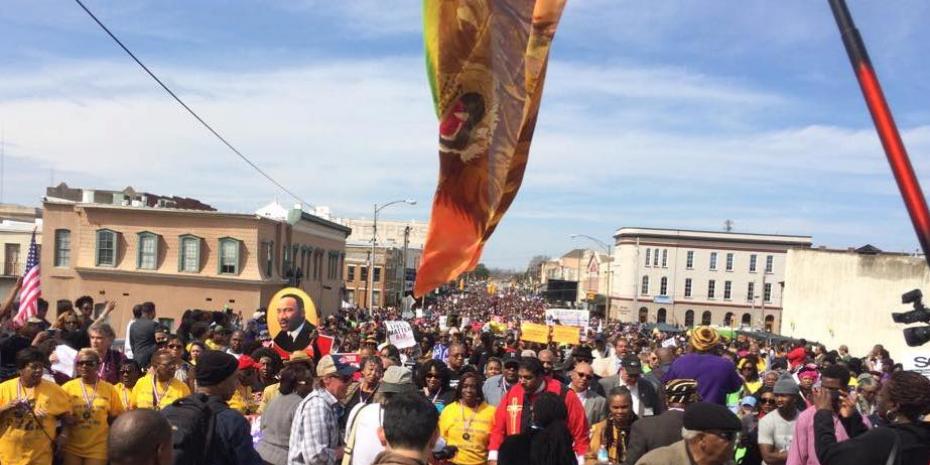This is my full speech from the foot of the Edmund Pettus Bridge in Selma, Alabama, on Sunday, March 9, in commemoration of the 50th Commemoration of Bloody Sunday. Due to time constraints, the original was cut down to one minute, so I am sharing my full thoughts here.

